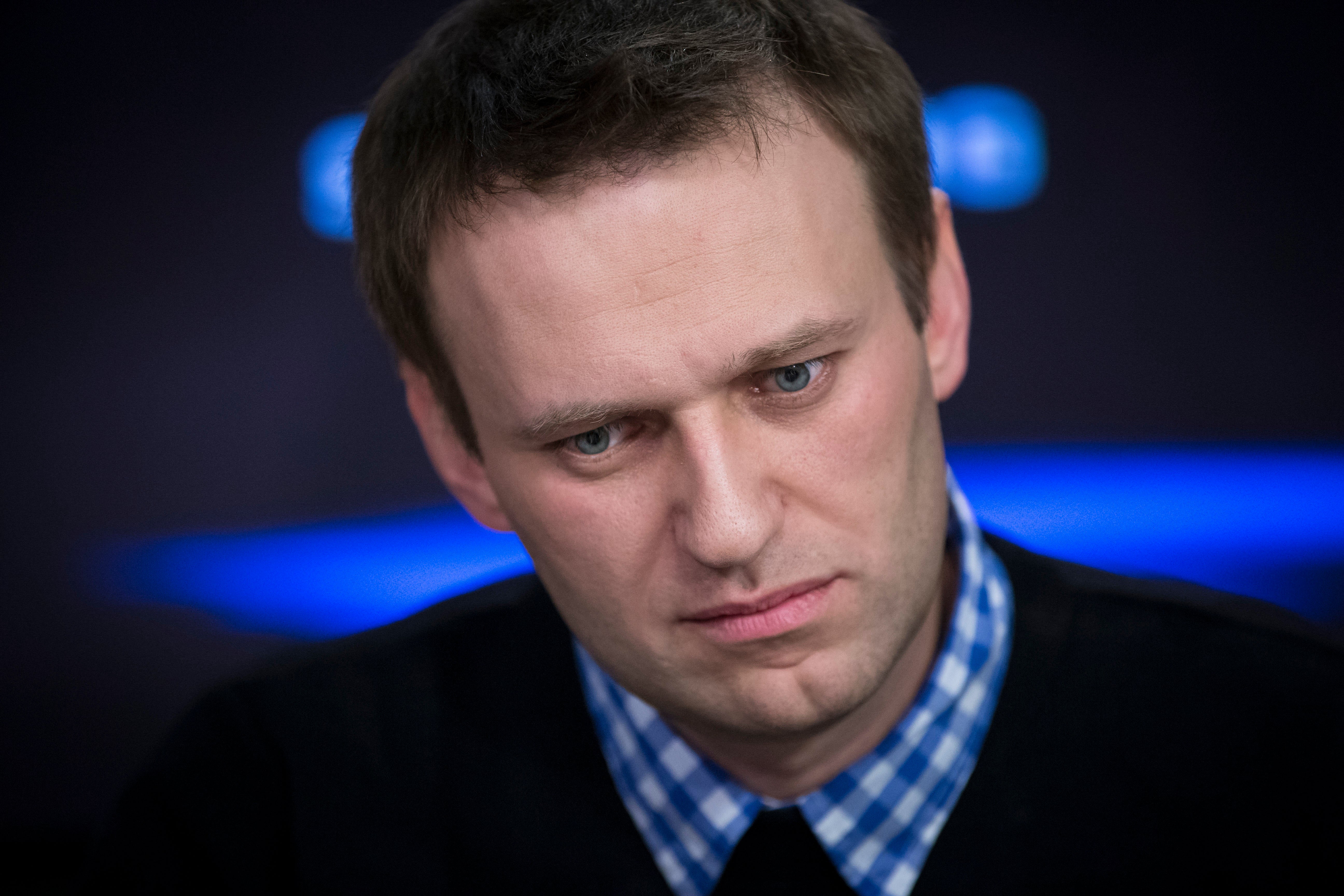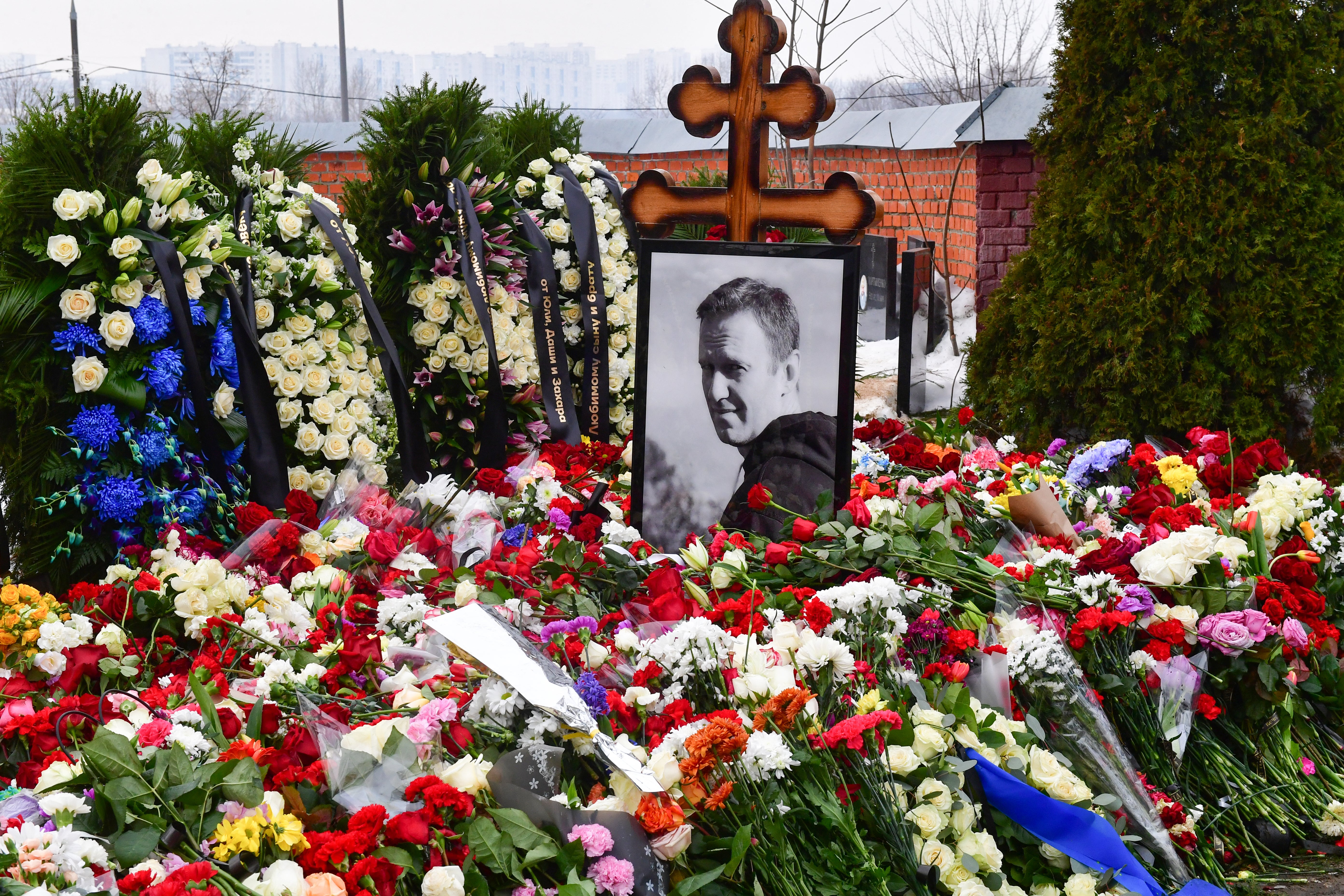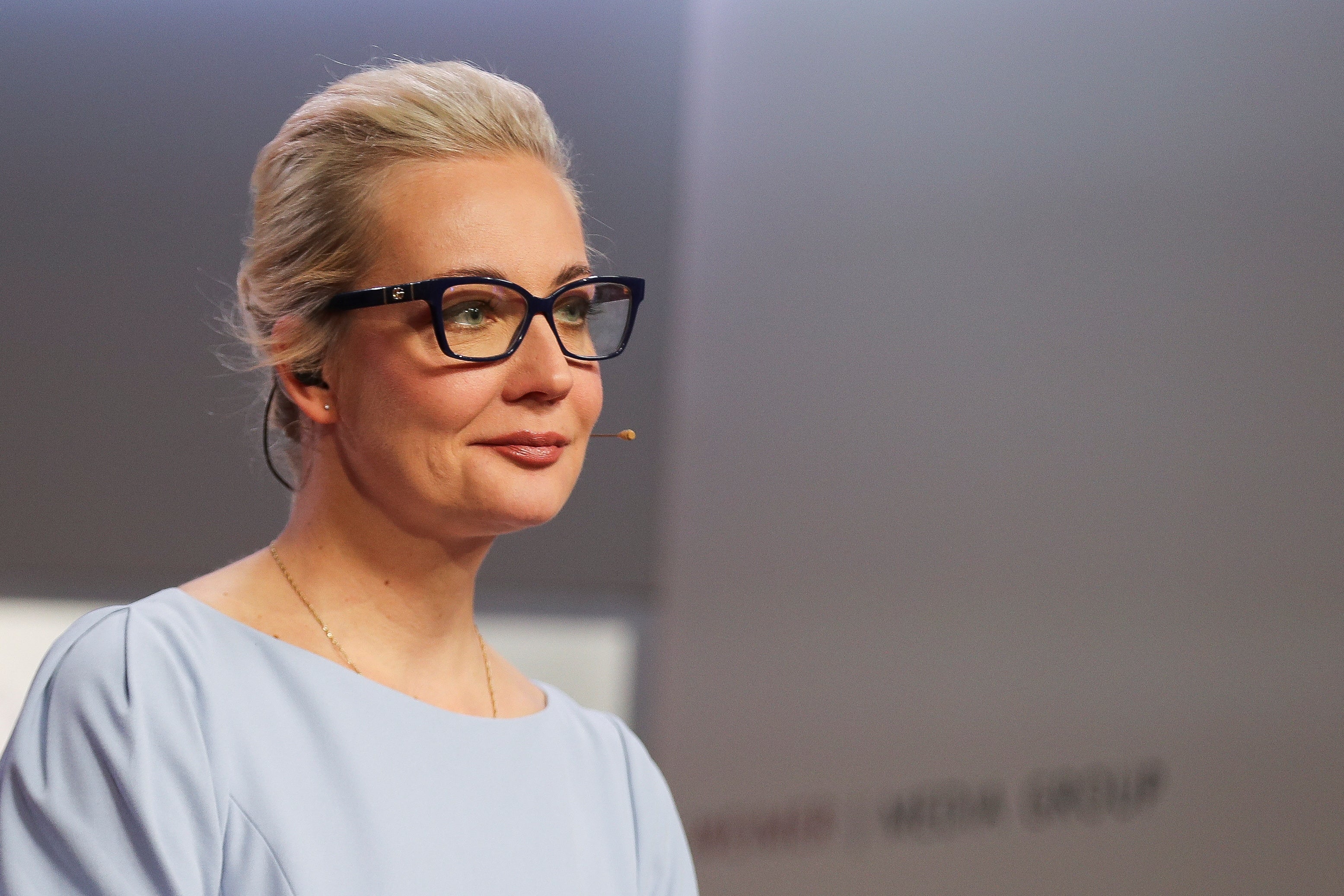Navalny’s prison diary: Guards slipped sweets in his pocket to ‘undermine’ hunger strike as he lost 1kg a day
Russia’s opposition leader Alexei Navalny said he hoped his prison memoir would be his ‘memorial’ and he wanted his family to get royalties if he was ‘whacked’

Your support helps us to tell the story
From reproductive rights to climate change to Big Tech, The Independent is on the ground when the story is developing. Whether it's investigating the financials of Elon Musk's pro-Trump PAC or producing our latest documentary, 'The A Word', which shines a light on the American women fighting for reproductive rights, we know how important it is to parse out the facts from the messaging.
At such a critical moment in US history, we need reporters on the ground. Your donation allows us to keep sending journalists to speak to both sides of the story.
The Independent is trusted by Americans across the entire political spectrum. And unlike many other quality news outlets, we choose not to lock Americans out of our reporting and analysis with paywalls. We believe quality journalism should be available to everyone, paid for by those who can afford it.
Your support makes all the difference.The late Russian opposition leader Alexei Navalny was taunted by prison guards who hid sweets in his pockets in a bid to ‘undermine’ his hunger strike, his prison diaries have revealed.
Defiant journal entries from the 47-year-old, who survived Novichok poisoning in 2020 before he was imprisoned in Russia, have laid bare his final years – including 24 days spent on hunger strike over his access to medical treatment.
He died in February inside a remote Russian penal colony north of the Arctic Circle known as Polar Wolf.
The pro-democracy activist said he hoped his memoir would be his memorial if “they do finally whack me”, in extracts published in The Times Magazine.
He revealed he wanted his wife and family to benefit from any advance and royalties, adding: “Let’s face it, if a murky assassination attempt using a chemical weapon, followed by a tragic demise in prison, can’t move a book, it is hard to imagine what would.”
The harrowing account of 24 days he spent on hunger strike in 2021 revealed how guards tried to undermine his protest as he lost an average of 1kg a day.

In one entry on 2 April that year, he said he had twice found candy in his pockets and a guard had forced him to go to the canteen and sit at a table with his food.
“I went to the canteen but didn’t, of course, get any food,” he wrote. “I went straight to a table. One terrifically cunning sergeant tried to persuade me to stand in line, get food, sit at the table with it, but then give it to others.
“Give me a break. It is obvious their strategy will be to try to undermine the hunger strike. That’s all they know.
“I’ve already twice found candy planted in my coat pockets. The first time it wasn’t even me who “discovered” it, but then, during a search, they started sniggering, “Oh my, Alexei Anatolievich, what’s this candy doing here?”
“After that, I started checking my pockets and in the evening found more candy. It’s funny that the most important thing in a prison hunger strike should be knowing to check your pockets.”
Two days later, he described the situation as “farcical” as a fellow prisoner was granted special privileges to fry chicken and bread for the whole unit.
“I am glad to say my spirit did not succumb to the fried chicken,” he wrote on 4 April. “After the chicken, they started frying bread, deliberately leaving open the door to the kitchen. Bread is trickier. It’s my weakness. The smell of frying rye bread really does attract me.
“However, I just focused my attention on it and then moved on. Do they think the smell of food is going to make me abandon the hunger strike?”

The following day he fell ill with a soaring temperature and by 7 April his weight had plummeted to 80kg – the same as he weighed in his early teens. Despite the rapid weight loss, he noted he was yet to have a six-pack.
“Everywhere on the internet you read that your abs become clearly visible when your body mass is less than 10 per cent fat,” he wrote. “Mine seems now to be down to 3 per cent, but there’s still no sign of them.”
He ended his hunger strike around two weeks later after the prison met his demand to see external doctors over a loss of sensation in his arms and legs. They warned him that continuing would be life-threatening.
In an entry the following month, he described the struggle by day 22 of no food as a “battle between life and death” but insisted he could have continued to the end.
He wrote: “I discovered a reserve of willpower and was able to endure everything without difficulty. When I ask myself the direct question, ‘could I have carried on the hunger strike to the death?’, I now have the answer. Yes, I could.”

Later journal entries, published in the New Yorker in extracts from his book Patriot: A Memoir, revealed how he accepted his fate as he faced a string of charges brought by the Putin regime, including embezzlement, fraud and extremism, by preparing for the worst in a technique he described as his “prison Zen”.
He would lie in his bunk after lights out and think “I will spend the rest of my life in prison and die here” as he mentally rehearsed accepting the worst-case scenario.
He even warned his wife Yulia, on her first visit to him in jail, that there was a high probability he would never be released.
He described shovelling snow with heavy wooden shovels as part of the brutal prison regime. Other entries recount starting work at 6.40am and spending seven hours at a sewing machine on a stool below knee height.
On Sundays, they were spared work, but made to sit on a wooden bench for ten hours.
By December 2023, he described himself as ‘Santa Claus’ after a 20-day journey to the remote Siberian penal colony known as Polar Wolf, where temperatures were as low as -32C.
Navalny died on 16 February 2024.
Join our commenting forum
Join thought-provoking conversations, follow other Independent readers and see their replies
Comments